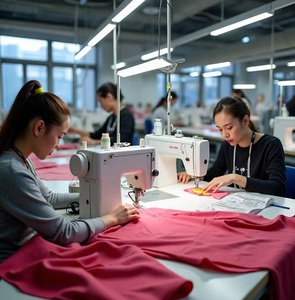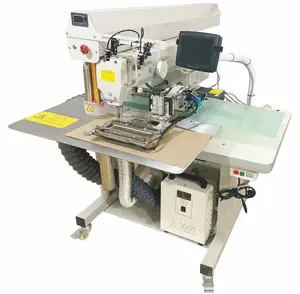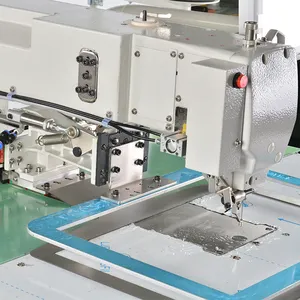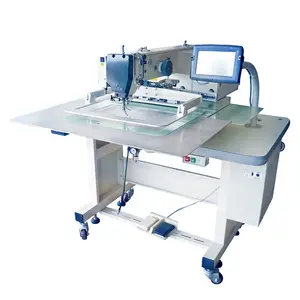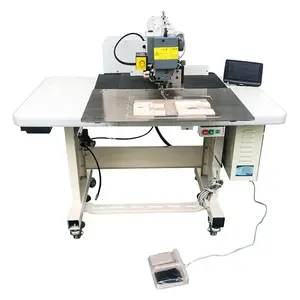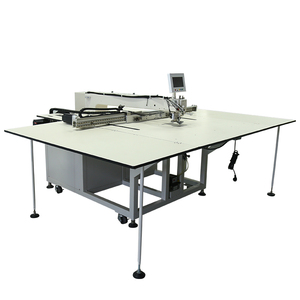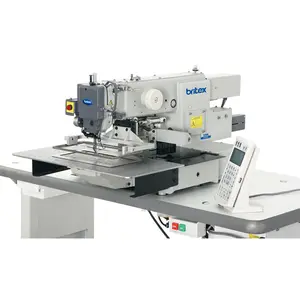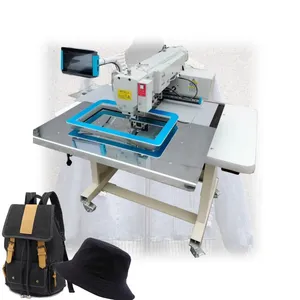Apparel Pattern Maker





 Top sponsor listing
Top sponsor listing




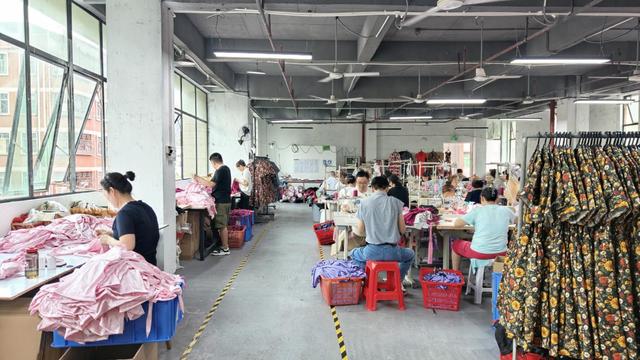




 1/18
1/18
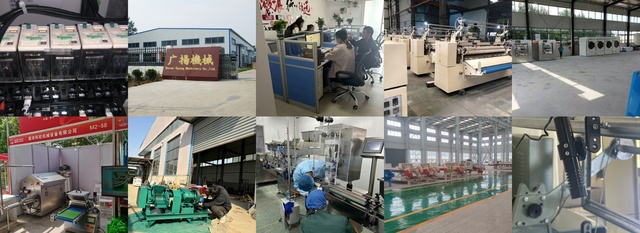











 1/10
1/10





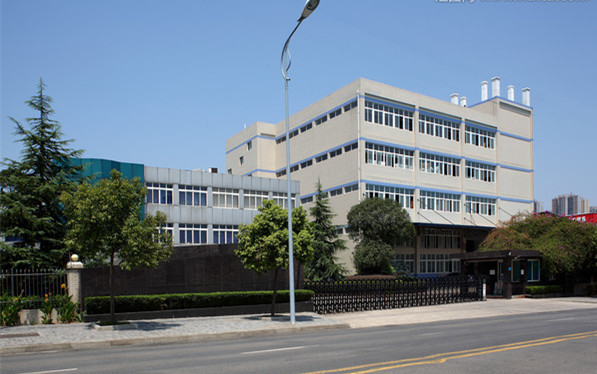

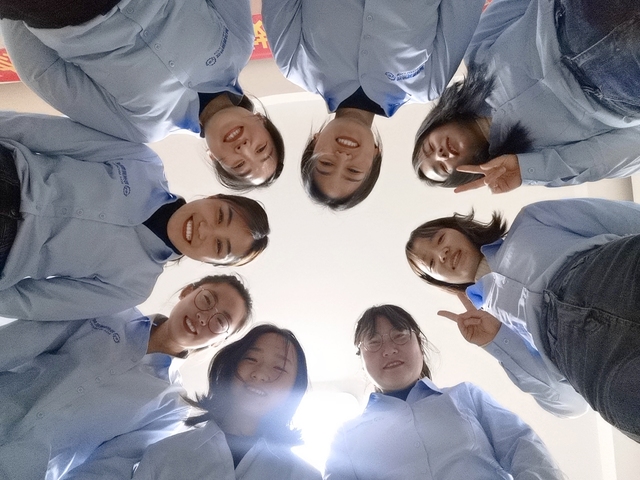




 1/13
1/13
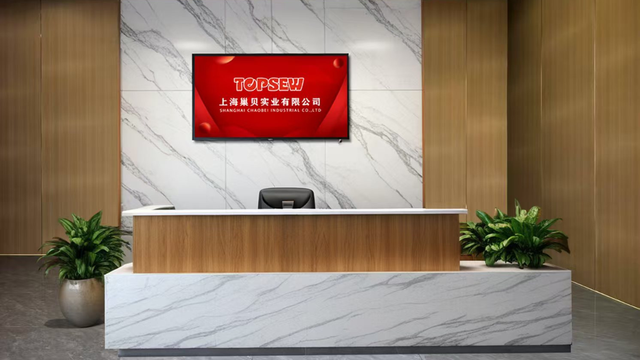

About apparel pattern maker
Where to Source Apparel Pattern Maker Suppliers?
China remains the global epicenter for apparel pattern maker production, with key manufacturing clusters in Guangdong, Zhejiang, and Henan provinces driving innovation and scale. Guangdong—particularly Dongguan and Shenzhen—hosts advanced intelligent manufacturing facilities specializing in computerized sewing and pattern-making machinery, leveraging proximity to textile hubs in the Pearl River Delta. These regions support integrated supply chains that reduce component lead times by 20–30% compared to offshore alternatives.
The industrial ecosystem enables rapid prototyping and scalable production, with suppliers offering everything from single-needle template machines to multi-axis automated systems. Facilities typically operate under vertical integration models, housing CNC machining, motor assembly, and software programming units on-site. This structure supports average delivery cycles of 15–30 days for standard equipment and accelerates customization turnaround. Buyers benefit from localized access to industrial automation experts, technical service teams, and export logistics networks, ensuring efficient fulfillment for both small-batch trials and bulk procurement.
How to Evaluate Apparel Pattern Maker Suppliers?
Effective supplier selection requires rigorous assessment across technical, operational, and transactional dimensions:
Technical Capability Verification
Confirm compatibility with intended applications—industrial garment production, leather patterning, or quilting—by reviewing machine specifications such as stitch speed (ranging 1,800–4,500 rpm), programmable memory capacity, and supported embroidery frame sizes. Prioritize suppliers providing CAD/CAM-integrated control systems and laser-guided alignment features for precision pattern replication.
Production Infrastructure Assessment
Evaluate core manufacturing competencies through the following indicators:
- In-house R&D departments capable of firmware updates and custom programming
- Minimum factory area exceeding 2,000m² to ensure stable output
- Integration of servo motors, touch-panel interfaces, and auto-lubrication systems
Cross-reference these capabilities with on-time delivery performance (target ≥95%) and response time benchmarks (≤4 hours) to assess operational reliability.
Quality & Transaction Assurance
While formal ISO certification is not universally declared in available data, prioritize suppliers demonstrating consistent quality via documented testing protocols for electrical safety, motor endurance, and mechanical durability. Utilize secure payment mechanisms where feasible, especially for first-time transactions. Request sample units to validate build quality, software usability, and stitching accuracy against ASTM D6193 standards for seam strength and uniformity.
What Are the Leading Apparel Pattern Maker Suppliers?
| Company Name | Main Products | Customization Options | On-Time Delivery | Response Time | Reorder Rate | Online Revenue | Verified Supplier Type |
|---|---|---|---|---|---|---|---|
| Y&L FASHION FACTORY LIMITED | Casual Dresses, Women's Suit Sets, Other Apparel | Color, material, size, logo, packaging, label, graphic | 100% | ≤4h | 30% | US $490,000+ | Custom Manufacturer |
| Taizhou Huangyan Zhisuo IMP&EXP Co., Ltd. | Automatic Laser Pattern Machines, Industrial Sewing Systems | Sewing speed, motor type, stitch length, rail length, laser tube, power, voltage, control interface | 95% | ≤6h | <15% | US $350,000+ | Custom Manufacturer |
| Dongguan Jianglong Intelligent Technology Co., Ltd. | Computerized Sewing Machines, Apparel Machinery Parts, Cloth Cutting Equipment | Needle configuration, cutting pressure, embroidery patterns, control software, machine labeling | 100% | ≤2h | 16% | US $250,000+ | Custom Manufacturer |
| Henan Gyang Machinery Co., Ltd. | Industrial Pattern Sewing Machines, Multi-Needle Quilting Systems | Limited customization; focus on standardized machinery | 100% | ≤3h | <15% | US $110,000+ | Not specified |
Performance Analysis
Y&L FASHION FACTORY LIMITED stands out with a high reorder rate (30%) and robust customization breadth, indicating strong client retention and design flexibility. Dongguan Jianglong demonstrates superior responsiveness (≤2h) and full delivery compliance, making it ideal for time-sensitive procurement. Taizhou Huangyan Zhisuo offers deep technical configurability for industrial-grade laser patterning systems, though its lower reorder rate suggests potential gaps in post-sale support. Henan Gyang focuses on general-purpose machinery with minimal customization, suitable for buyers prioritizing cost-efficiency over tailored functionality. All top-tier suppliers maintain on-time delivery rates above 95%, underscoring China’s maturity in industrial textile equipment manufacturing.
FAQs
What is the typical MOQ for apparel pattern makers?
For finished garments or custom-designed patterns from fashion-focused manufacturers like Y&L FASHION FACTORY, MOQs start at 20 pieces. For industrial machinery suppliers, the minimum order is typically 1 set, reflecting capital-intensive equipment nature.
How long does customization take?
Software-driven modifications (e.g., stitch pattern uploads) require 3–7 days. Hardware-level changes—such as dual-head configurations or specialized frames—take 15–25 days depending on complexity and component availability.
Do suppliers offer technical training or after-sales support?
Leading suppliers provide instructional videos, user manuals in multiple languages, and remote troubleshooting. Some offer on-site technician deployment for large-scale installations, subject to contractual terms.
Can I request product samples before bulk ordering?
Yes. Garment producers typically allow sampling at incremental costs covering materials and labor. Machinery suppliers may require partial payment for demo units but often credit this amount toward subsequent orders.
What are common payment terms?
Standard arrangements include 30% advance payment with balance prior to shipment. Established buyers may negotiate extended terms through third-party trade assurance programs. Letters of credit (LC) are accepted by larger exporters for high-value contracts.






